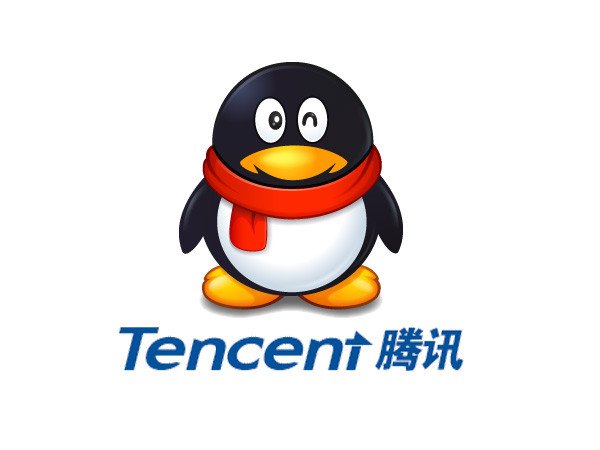Instant Messaging and a Tech Giant - QQ is Cute
Modern living is full of social interactions and thanks to the digital age, it’s never been easier to get in contact with friends and family. Among the age of social media, communications and everything else in the digital realm, many tech companies have emerged with great success. You might remember a time when ICQ was a popular choice of messaging each other many years ago. Discord, WhatsApp, Messenger, Steem Chat and many others weren’t around during this period. Instant messaging would soon become all the rage and it holds true to this day; the world would be a very different place without it. Where success and trends emerge, other ideas will follow. In 1998, a group of Chinese entrepreneurs would found Tencent Inc.
Their first project Open ICQ (OICQ) was exactly as the name implies, an instant messenger for the Chinese market. Aside from the project being very much the same as ICQ, their project’s name might have been created out of flattery, sadly AOL did no take kindly to this and a lawsuit was on the table. Rebranding was required to avoid facing further prosecution and it wasn’t exactly a healthy start for company who would suffer much loss for the next few years. OICQ would become QQ, a cute transformation bolstered by their own penguin. If you’ve not used QQ before it could be described as a cross between ICQ and MSN messenger. As of this new decade, it’s estimated that there are above 900 million accounts
China has developed rapidly in the last 20 years and their netizen presence is ever growing. Where my days had ended with MSN rooms and games, QQ would continue to pile on additional features. Netizens would continue to use the services and the platform would become feature rich over the next few years. In an attempt attract continuous usage, several features were integrated into the client. While demand for the platform was at a high, a move to stop their freemium model and switch to paid signups would result in a backfire. In the new millennium where new instant messaging apps were emerging for free, QQ would be at risk of losing its userbase and potential new customers. Switching to a freemium model would be the strategy of choice, a move that might have failed if their user base was volatile or dwindling. It might be thought that this would be their first stint at introducing ‘skins’ for users, selling access to features and appearance options to allow users to customise and stand out. It was also around this time that Tencent games were taking off and their ecosystem began to open a world to many new services for their users.
QQ is not without it’s problems however, aside from surveillance/censorship, malware and adware, security of the platform is questionable. I can say that Tencent have a talent for building freemium models and selling digital addons to their users in the billions. Their subsidiaries and partial ownership include Supercell, Riot Games, Epic Games, Blizzard and more. These companies have all adopted similar freemium models over the years and I am sure that this trend will continue to expand as Tencent continue to grow and reach further into the western market.
Lockhart Tech Blogs
https://en.wikipedia.org/wiki/Tencent
https://en.wikipedia.org/wiki/Tencent_QQ
https://www.chinainternetwatch.com/2740/how-tencent-made-billions-with-qq-membership/



To listen to the audio version of this article click on the play image.

Brought to you by @tts. If you find it useful please consider upvoting this reply.